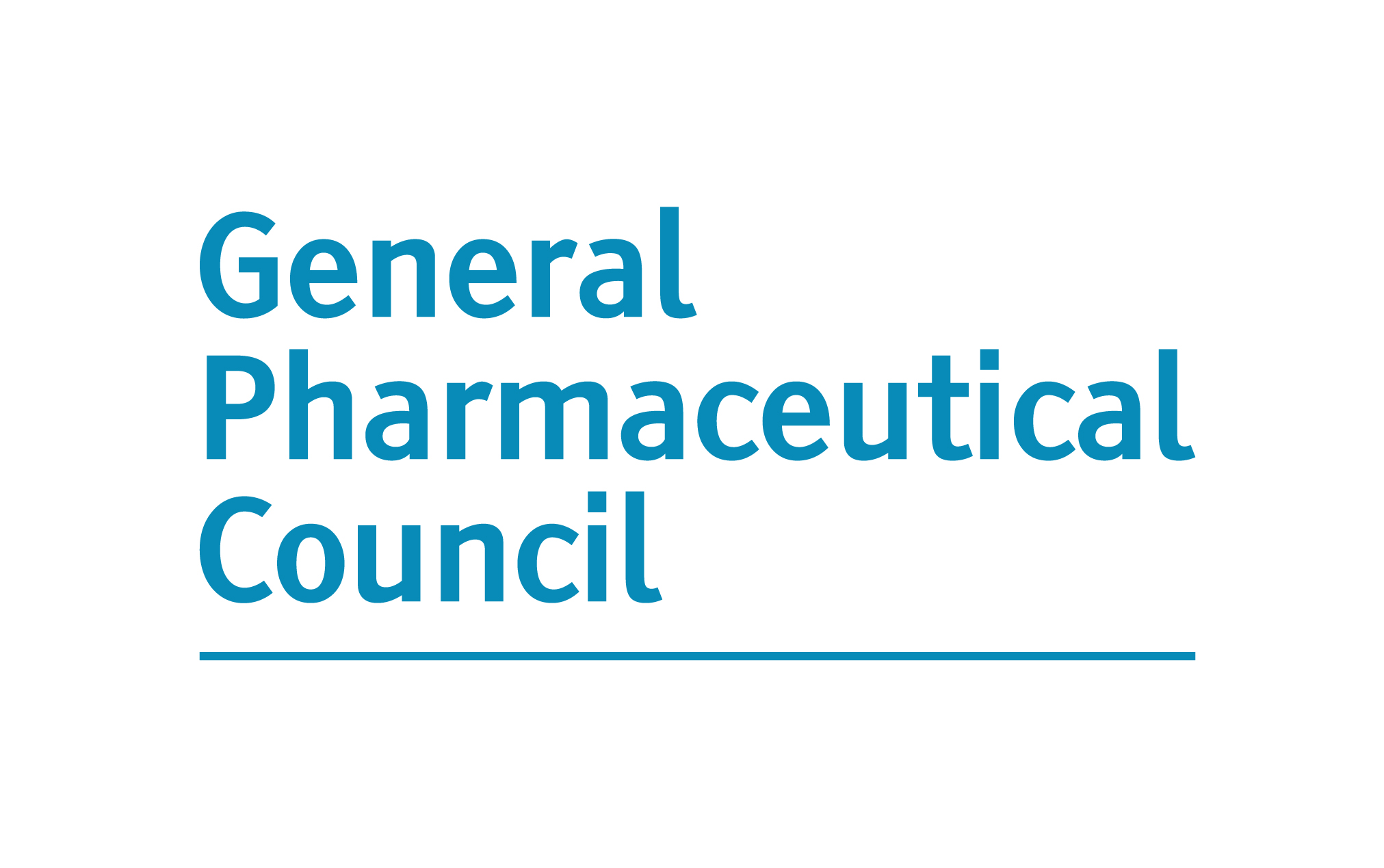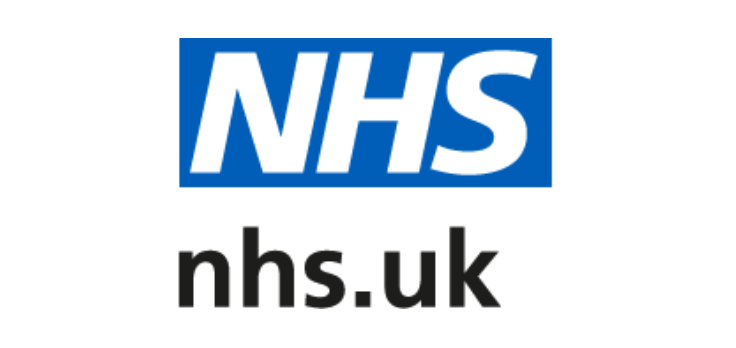What community pharmacy does
Community Pharmacists are experts in medicines and their use and provide many services in addition to the safe supply of medicines against prescription or ‘over the counter’ advice and product sale.
Pharmacists are educated to masters degree level having undertaken a four-year course of university study and in addition will have completed one year’s further postgraduate education before becoming registered as a pharmacist.
To be licensed to practice, all pharmacists must be registered with the General Pharmaceutical Council (GPhC). This is reviewed annually.
Pharmacists work as part of a team and are often supported by registered Pharmacy Technicians and others such as Dispensers, Medicines Counter Assistants, Health Champions and General Assistants. Registered Technicians are also regulated by the GPhC and have specific qualifications and, like pharmacists, are subject to a professional code of conduct.
Other team members will also have recognised qualifications (e.g NVQ Level 3 or 2 or Royal Society of Public Health Certification) or be working towards acquiring them.
A Community Pharmacy (previously referred to as a retail pharmacy / chemist) must also appear on a register of pharmacy premises that is maintained by the General Pharmaceutical Council.
The GPhC register is available to search on-line (see below).

Community Pharmacists and their teams use their clinical knowledge to support patients with acute (immediate) or chronic (long- term) conditions and are increasingly playing an important role as an integrated member of the primary health care team (alongside GP’s, Dentists and Opticians), as well as having a closer relationship with secondary care providers (Hospitals).
Most community pharmacies provide NHS Pharmaceutical Services and work under a contract agreed with NHS England. The services provided range from supply of prescription only medicines against a prescription to the provision of services such as New Medicines Service, Influenza vaccinations, Community Pharmacy Consultation Service etc.
An example of the type of interactions we have can be demonstrated when a person is discharged from hospital after receiving treatment. Some hospitals now have the facility to notify the persons individual pharmacist that they are being discharged and that they have had some medicine changes during their stay. The pharmacist can then help the person with additional advise, whilst making sure they understand exactly what each medicine is for and how best to take it. An excellent video has been produced which demonstrates this below:
A further online guide was produced by the GPhC in December 2019 intended for patients and the public, which explains what they can expect when visiting a pharmacy. The published guide is available using the link below:
More information on the types of NHS services is available on the NHS web site here:

It is worth mentioning that community pharmacies are independent businesses, like most GP practices. They are not ‘owned’ by the NHS and the cost of the medicines they issue is reimbursed under strict rules that are put in place by the Department of Health. Pharmacies are remunerated according to a tariff for the professional services that they provide.
In the UK, over sixty percent of community pharmacies are run by large national and internationally operated businesses while the remainder are independently owned local pharmacies. Irrespective of size, all will operate within the standards for premises and of professional conduct required by the pharmacy regulatory body.
Community pharmacies may also be asked to provide professional services by other commissioners such as Integrated Care Systems, ICSs (e.g. minor ailment services) and Public Health Departments of Local Authorities (e.g. smoking cessation, emergency contraception).
They may also provide several private professional services such as the dispensing of private prescriptions, Travel Health, Healthy Lifestyle, Hair Retention, Erectile Dysfunction etc.
It is not unusual for a community pharmacy to provide services which are not remunerated by the NHS which are paid for directly by the patient (such as home delivery services) and the availability of such services will vary locally.
Every pharmacy providing NHS pharmaceutical services must provide certain ‘Essential Services’, such as repeat dispensing or the disposal of unwanted medicines, but may choose to provide other services in addition. It is always best to check first with the pharmacy you intend to use exactly what services they can offer.
The NHS web site is a good place to start. There you will also find more information about the services offered and details about the cost of prescriptions, who must pay a contribution (levy) towards the cost and who is exempt from this charge.